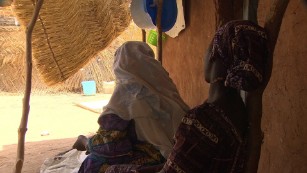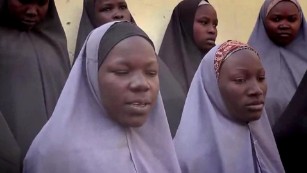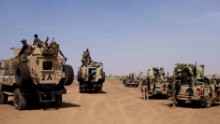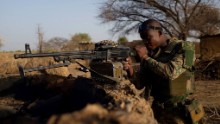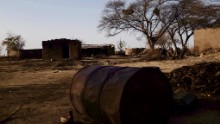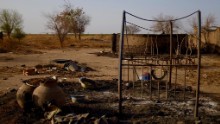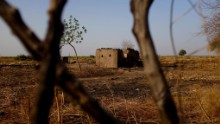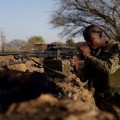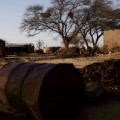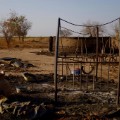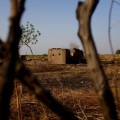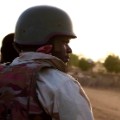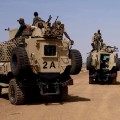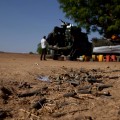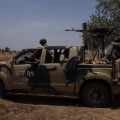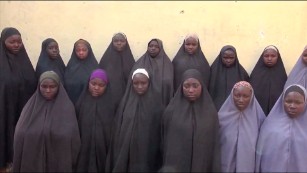Ransoms of up to $400,000 (£273,000) have been paid to gangs which hijacked ships in the Gulf of Guinea in 2015, a maritime report says.
The region was the most dangerous in the world for seafarers, with pirates becoming more violent, it added.
A total of 32 seafarers had been kidnapped so far this year compared with 15 in 2015, the report said.
Kidnapping for ransom took place mainly in the oil-producing areas off Nigeria's coast, it said.
The spike in kidnappings appeared to be linked to political developments in Nigeria, the report by the US-based group Oceans Beyond Piracy group said.
There had also been a sharp drop in oil theft last year, which the report put down to improved patrolling of Nigeria's waters, and the fall in oil prices making it less profitable.
One of the most high-profile cases was that of the Malta-flagged MT Kalamos, an oil super tanker, which was attacked in February 2015.
The tanker's abducted crew was freed after the $400,000 ransom was paid, theState of Maritime Piracy 2015 report said.
It did not say who had paid the ransom.
Analysis: Frank Gardner, BBC security correspondent
The latest report on the state of maritime piracy around the world offers grounds for both optimism and pessimism.
The Somalia-based piracy that grabbed the world's attention in 2012 has all but vanished, due largely to the presence of armed escorts aboard merchant vessels that has completely disrupted the pirates' business model. There is good news too from south-east Asia where increased co-operation between states has seen piracy attacks fall off steeply in the last half of 2015.
But the Gulf of Guinea continues to be a hazardous place for seafarers with violence deliberately directed against sailors, including mock executions.
Unlike the Somali basin, where there is a high degree of international co-ordination and naval patrolling, the report says West Africa's coastal waters suffer from a lack of piracy prosecutions and a rule of law. While cargo theft is rare, kidnap for ransom is rife.
"In most kidnapping incidents the pirates board the vessel after firing at the bridge to suppress any opposition and intimidate the crew, and then proceed to isolate the ranking officers and engineers, who net the highest ransoms," the report said.
"Time permitting, the pirates loot the vessel as well, sometimes spending a few hours aboard. They then escape with the three or four crew members who will be held onshore during negotiations."
In most cases, victims were held on small islands in Nigeria's Niger Delta region.
"The same pirate gangs responsible for these attacks are likely the same groups responsible for kidnapping and violence in the Niger Delta," the report said.
Nigeria's President Muhammadu Buhari took office last May after defeating the incumbent Goodluck Jonathan in elections in March 2015.
"While the anticipated spike in kidnappings prior to the March presidential election did not materialise, the elections dramatically impacted maritime security and will reverberate well into 2016," the report said.
Mr Buhari's government has sacked maritime security chief Patrick Ziadeke Akpobolokemi.
It has also cancelled a security contract given to the Global West Vessel Specialists firm, which is linked to former oil militant Government Ekpemupolo, who has the alias Tompolo.
Mr Ekpemupolo was one of the most important figures in the oil-rich Niger Delta until he agreed to an amnesty deal in 2009 with Mr Jonathan's government.
He has been on the run since February, refusing to be questioned by Nigeria's anti-corruption agency in connection with $231m in missing government funds.
The amnesty, given to tens of thousands of oil militants, had stemmed the level of violence in the region.
